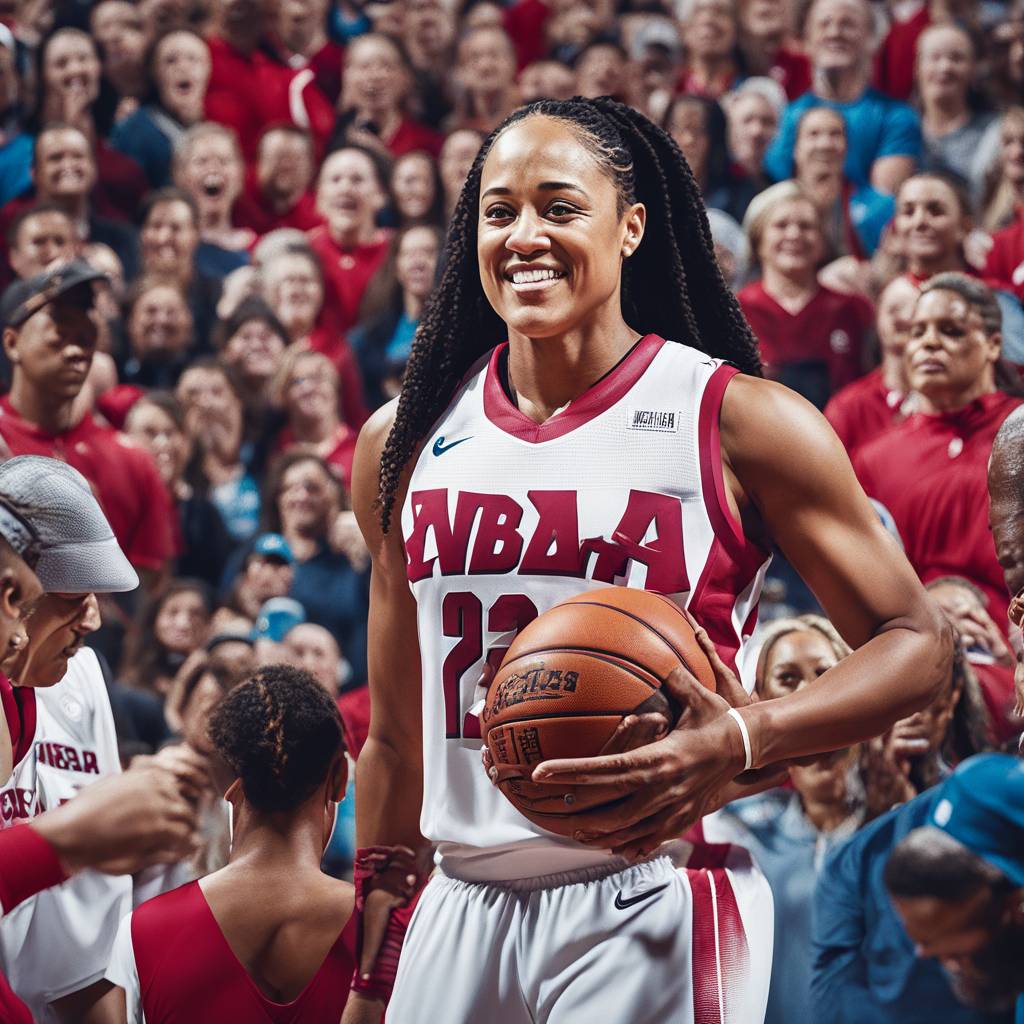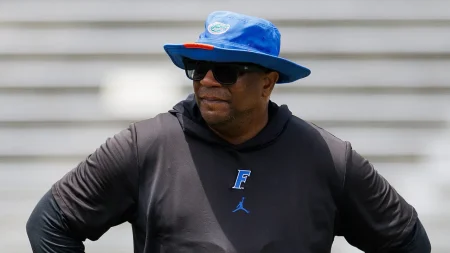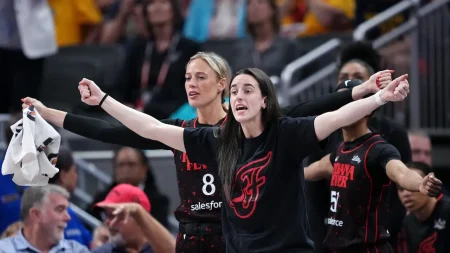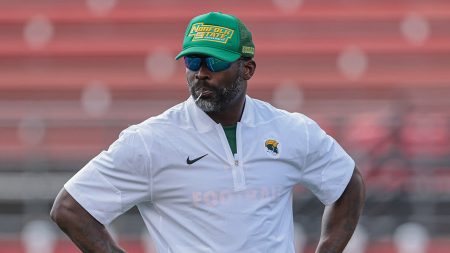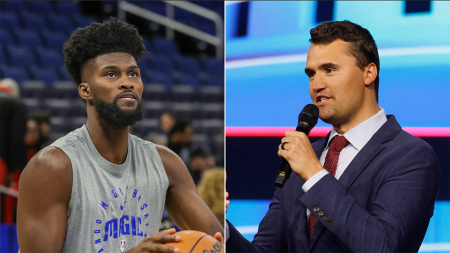Former NBA star Chandler Parsons reacted after South Carolina Gamecocks basketball coach Dawn Staley expressed her support for transgender participation in women’s sports. Parsons questioned whether a male player, Zach Eddy, would be able to play against women in such circumstances. However, NCAA rules require at least one year of suppression treatment and regular documentation for transgender athletes to compete against women. Staley reiterated her support for transgender participation in women’s sports during a press conference, stating that those who identify as women should be able to play.
Ex-WNBA player Val Whiting also expressed her stance on transgender athletes in women’s sports, echoing Staley’s sentiments that individuals who identify as women should be able to participate in sports. Staley’s comments have sparked a variety of reactions across social media, with some supporting her stance and others criticizing it. Despite the potential for backlash, Staley remains steadfast in her belief that transgender women should have the opportunity to compete in women’s college basketball, even if it means facing distractions and criticism during an important time for the sport.
The debate surrounding transgender participation in women’s sports has become a contentious issue in the United States, with advocates on both sides of the argument. While some argue that transgender women having a physical advantage over cisgender women, others believe in the importance of inclusivity and allowing individuals to compete based on their gender identity. Staley’s public support for transgender participation has brought attention to the topic, further fueling the discussion and highlighting the complex nature of the issue.
Parsons’ comments questioning transgender participation in women’s sports reflect wider concerns about fairness and competitiveness in athletics. The NCAA’s guidelines for transgender athletes aim to balance inclusion with maintaining a level playing field, requiring measures such as suppression treatment and documentation to ensure that transgender athletes do not have an unfair advantage. However, the topic remains controversial, with differing opinions on how best to address the issue of transgender participation in women’s sports.
Staley’s unwavering support for transgender athletes in women’s sports demonstrates her commitment to inclusivity and equality in athletics. Despite the potential for backlash and distractions, Staley remains steadfast in her belief that transgender women should have the opportunity to compete based on their gender identity. The conversation sparked by Staley’s comments highlights the complexity of the issue and the ongoing debate surrounding transgender participation in women’s sports, underscoring the need for further discussion and consideration of the implications for fairness and inclusivity in athletics.




